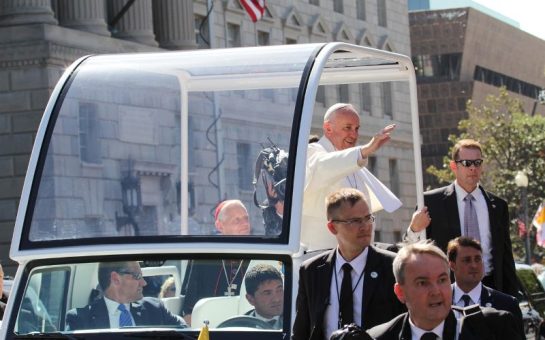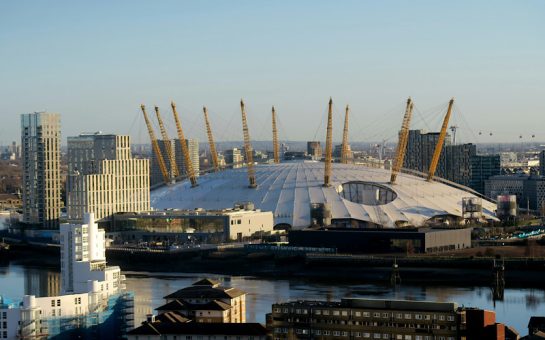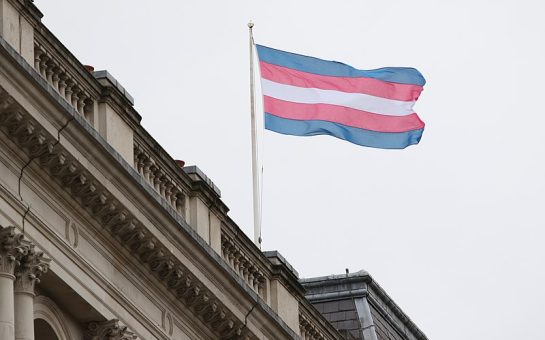William Hague has called for a change in MP voting that would see Scottish MPs stripped of powers to vote on issues which only affect England and Wales.
The so-called ‘West Lothian question’ is a result of devolution in that Scottish MPs have powers in the central UK parliament where decisions are made that affect England and Wales but not vice versa.
Critics have condemned the disproportionate influence Scottish MPs have, pointing to examples such as Labour’s introduction of university tuition fees, which was passed by five votes including its Scottish MPs, while their own constituents pay no tuition fees.
Mr Hague said: “Devolution to other parts of the United Kingdom has created the situation in which MPs representing constituencies outside England may vote on legislation which does not affect their constituents while English MPs are not able to influence these policies in other nations where they are devolved.”
Conservatives argue that Scottish MPs currently able to decide how things such as schools and the health service are run in England is unfair when English MPs have no such say over the same matters in Scotland.
Under the new guidelines, MPs for English constituencies would have a veto on tax, and issues like schools and health, which only affect England and Wales.
The new plans have not impressed everyone in Westminster, Labour MPs who traditionally have needed votes from their high number of Scottish members to pass bills are not happy.
Fomer Labour Prime Minister Gordon Brown, himself a Scotsman, said the plans were ‘crude’ and risked undermining the UK in the wake of the Scottish referendum.
How would Hague’s new plan work?
Before a bill affecting only England, or England and Wales, is put to its final House of Commons vote, English, or English and Welsh MPs, would meet to consider it in a new assembly – the English Grand Committee.
The bill would not proceed to the House of Commons without a majority backing from the English Grand Committee, which would also be able to amend the bill.
MPs from all parts of the UK would still be able to vote in the final Commons vote passing the bill into law.
Picture courtesy of Davide Simonetti, with thanks




